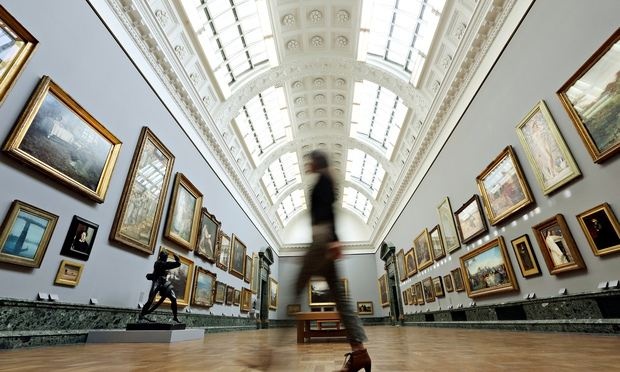The Tate museum has been ordered to reveal the details of its sponsorship deals with BP, the oil company–and that, I think, is a good thing.
 This all happened just before Christmas, and according to The Guardian’s article on the ruling by a court:
This all happened just before Christmas, and according to The Guardian’s article on the ruling by a court:
Tate has been ordered to give details of its BP sponsorship between 1990-2006, in a case brought by environmental campaigners.
An information tribunal has ruled against the art institution, which was refusing to give details, claiming the information could intensify protests and harm its ability to raise money from other companies.
The case had been brought by the environmental campaigner Brendan Montague, supported by the arts and activism charity Platform, which argues that only when the sponsorship sums are in the public domain can informed debate take place.
I don’t see anything on the surface with museums’ accepting sponsorship from oil companies. But I wince at the way BP has arranged to have its name before the art, as in “BP British Art Displays.” So it would make sense to see how this happened, and what precisely the Tate does not want to disclose. Other museums, including the National Gallery, have disclosed all requested sponsorship information.
The Tate opposed the order, obviously, arguing that BP would be offended by the disclosure and that would affect the company’s willingness to give in the future. But why? Isn’t it a good thing to support the arts? The tribunal didn’t buy that argument either.
Some of those siding with the Tate are saying that the arts need money wherever they can get it–I agree, for the most part. But I’d still like to know what the deal is between the two sides. The Tate has 35 days from the ruling to provide the details.
Photo Credit: Courtesy of The Guardian
